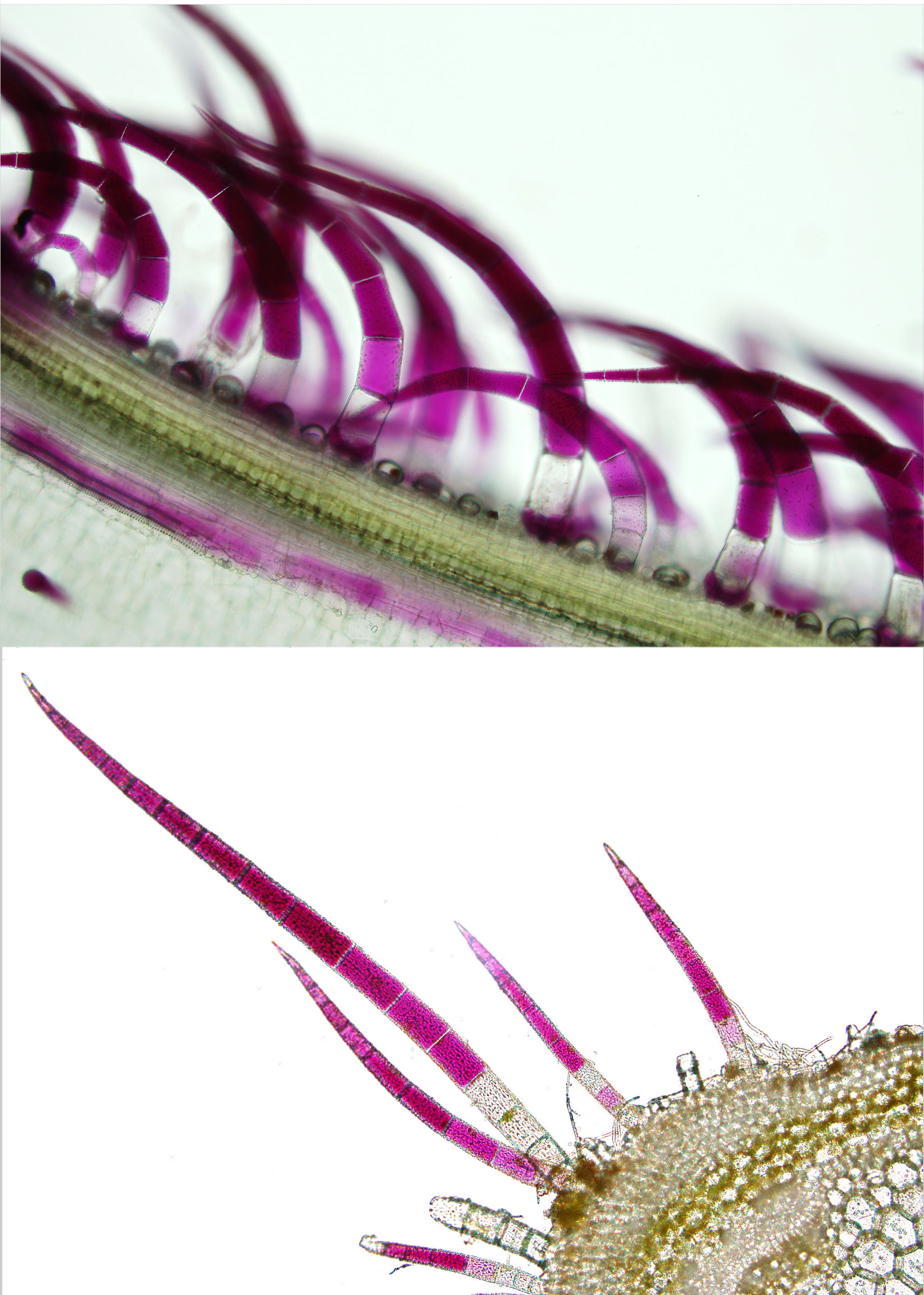Plant Ecophysiology

Ecophysiology is the study of the physiological mechanisms that underlie ecological observations. A plant's physiology affects its performance and is modified by its environment. Patterns of reproduction, abundance and distribution are all clues to determining how a plant has evolved to overcome negative environmental impacts – whether chemical, physical or biotic. An understanding of the ecophysiology of plant individuals and populations provides insight into the functional significance of specific plant traits and their evolutionary heritage. This knowledge is vital for our understanding of how plants will respond to, and potentially mitigate, the effects of anthropogenic pressures like soil degradation, pollution, and global climate change.
Prospective students
If you are interested in joining the Plant Ecophysiology group, please contact Kevin below:
Contact

